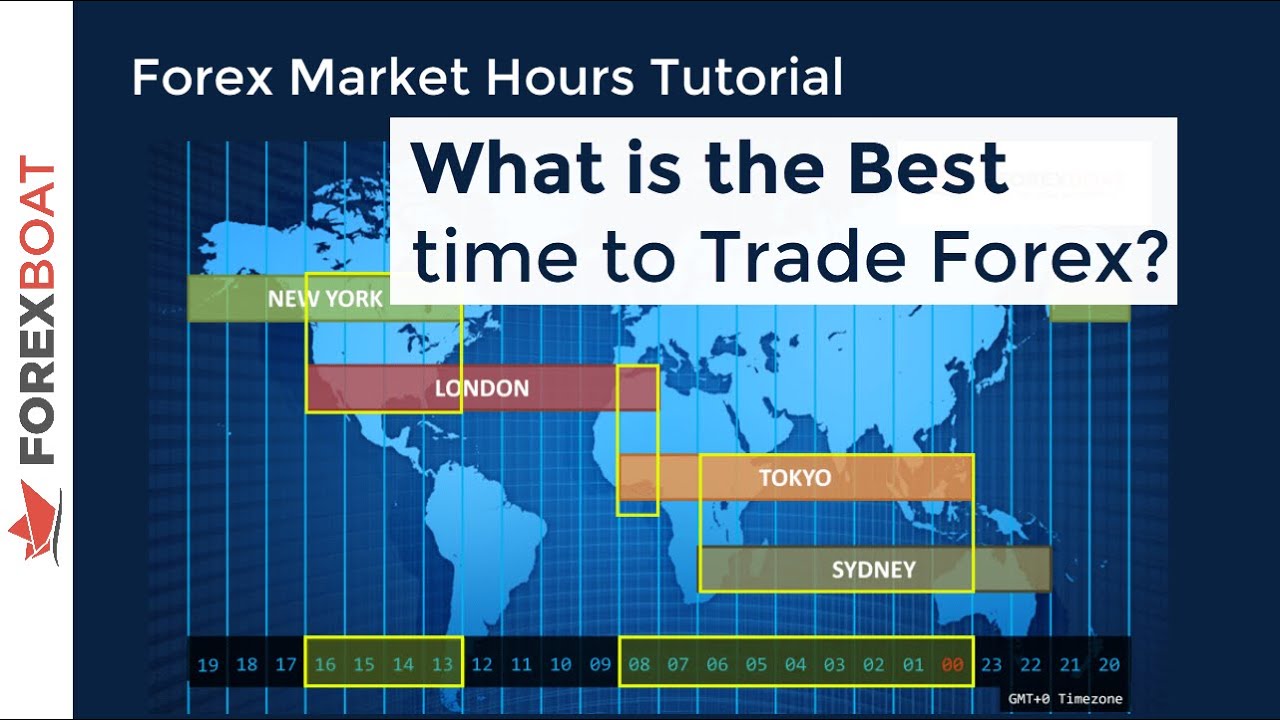The Forex market, unlike traditional stock exchanges, operates on a decentralized, global scale. This means it’s theoretically open 24 hours a day, five days a week. However, the reality is a bit more nuanced. Understanding the Forex market’s trading hours is crucial for any trader looking to capitalize on market movements and maximize potential profits. Let’s delve into the intricacies of when you can participate in this dynamic global marketplace.
Understanding Forex Market Hours
The Forex market’s continuous operation is made possible by the overlapping trading sessions of major financial centers around the world. These sessions effectively hand off the trading baton, ensuring near-constant activity.
Key Trading Sessions
- Sydney Session: Typically opens first, marking the beginning of the trading week.
- Tokyo Session: Follows Sydney, bringing in Asian market activity.
- London Session: A major session, characterized by high liquidity and volatility.
- New York Session: Overlaps with London, creating a period of peak trading volume.
The “open” and “close” times for each session can vary slightly depending on the broker and daylight saving time adjustments in different countries.
Determining if the Forex Market is Currently Open
To determine if the Forex market is currently open, consider the following:
- Time of Day: Check the current time and compare it to the opening and closing times of the major trading sessions.
- Day of the Week: The Forex market is generally closed on weekends (Saturday and Sunday).
- Holidays: Some holidays may result in reduced trading hours or market closures. Check with your broker for specific holiday schedules.
Many online resources and Forex brokers provide real-time market clocks and session indicators, making it easy to track the current status of the Forex market.
Impact of Overlapping Sessions
The overlap between trading sessions, particularly the London and New York sessions, is a period of heightened activity. This is due to the increased participation of traders from both regions, leading to greater liquidity and volatility. Traders often target these overlapping periods for potential profit opportunities.
Strategies for Trading During Overlap
- Focus on Major Currency Pairs: EUR/USD, GBP/USD, and USD/JPY are typically the most liquid during these hours.
- Monitor Economic News Releases: Important economic data is often released during these sessions, which can significantly impact currency values.
Factoid: The EUR/USD currency pair is the most traded pair in the Forex market, accounting for a significant portion of the total trading volume.
FAQ: Forex Market Hours
Q: What are the best times to trade Forex?
A: The best times to trade are generally during the overlapping sessions, particularly the London and New York overlap, due to increased liquidity and volatility.
Q: Is the Forex market open 24/7?
A: No, the Forex market is typically open 24 hours a day, five days a week, from Sunday evening (US time) to Friday evening (US time).
Q: What happens during Forex market holidays?
A: Trading hours may be reduced or the market may be closed entirely on certain holidays. Check with your broker for specific holiday schedules.
Q: How does daylight saving time affect Forex trading hours?
A: Daylight saving time adjustments in different countries can shift the opening and closing times of trading sessions. Be sure to adjust your trading schedule accordingly.
Q: Where can I find a Forex market hours monitor?
A: Many online resources and Forex brokers provide real-time market clocks and session indicators.
Trading Strategies Based on Session
Different trading sessions exhibit unique characteristics that can influence trading strategies. Understanding these nuances can help traders tailor their approach and potentially improve their results.
Sydney and Tokyo Sessions:
- Lower Volatility: Generally, these sessions are characterized by lower volatility compared to the London and New York sessions.
- Focus on Asian Currencies: Trading activity tends to be concentrated in currencies related to the Asian region, such as AUD, JPY, and NZD.
- Range-Bound Trading: Strategies focusing on range-bound movements can be effective during these less volatile periods.
London Session:
- High Liquidity and Volatility: The London session is known for its high liquidity and volatility, making it attractive for trend-following and breakout strategies.
- Global Economic News: Significant economic news releases from Europe often occur during this session.
- Major Currency Pairs: EUR/USD, GBP/USD, and USD/CHF are actively traded.
New York Session:
- Overlap with London: The overlap with the London session creates peak trading volume and volatility.
- US Economic Data: US economic data releases can significantly impact currency values.
- Trend Continuation: Trends established during the London session may continue into the New York session.
Risks of Trading Outside Peak Hours
While the Forex market is technically open outside of peak hours, trading during these times can present certain risks.
- Lower Liquidity: Reduced liquidity can lead to wider spreads and increased slippage.
- Increased Volatility Spikes: Unexpected news or events can trigger significant volatility spikes due to the lack of market depth.
- Potential for Manipulation: Lower trading volumes can make the market more susceptible to manipulation.
Therefore, it’s generally advisable for novice traders to focus on trading during the more active sessions when liquidity is higher and spreads are tighter.
Factoid: Slippage, the difference between the expected price of a trade and the actual price at which it is executed, can be more pronounced during periods of low liquidity.
Understanding the Forex market’s trading hours is paramount for successful trading. By knowing when the major trading sessions are active and how they influence market dynamics, traders can develop more informed strategies and manage their risk more effectively. While the allure of 24/5 trading is strong, focusing on peak hours and aligning strategies with session characteristics can significantly improve trading outcomes.

